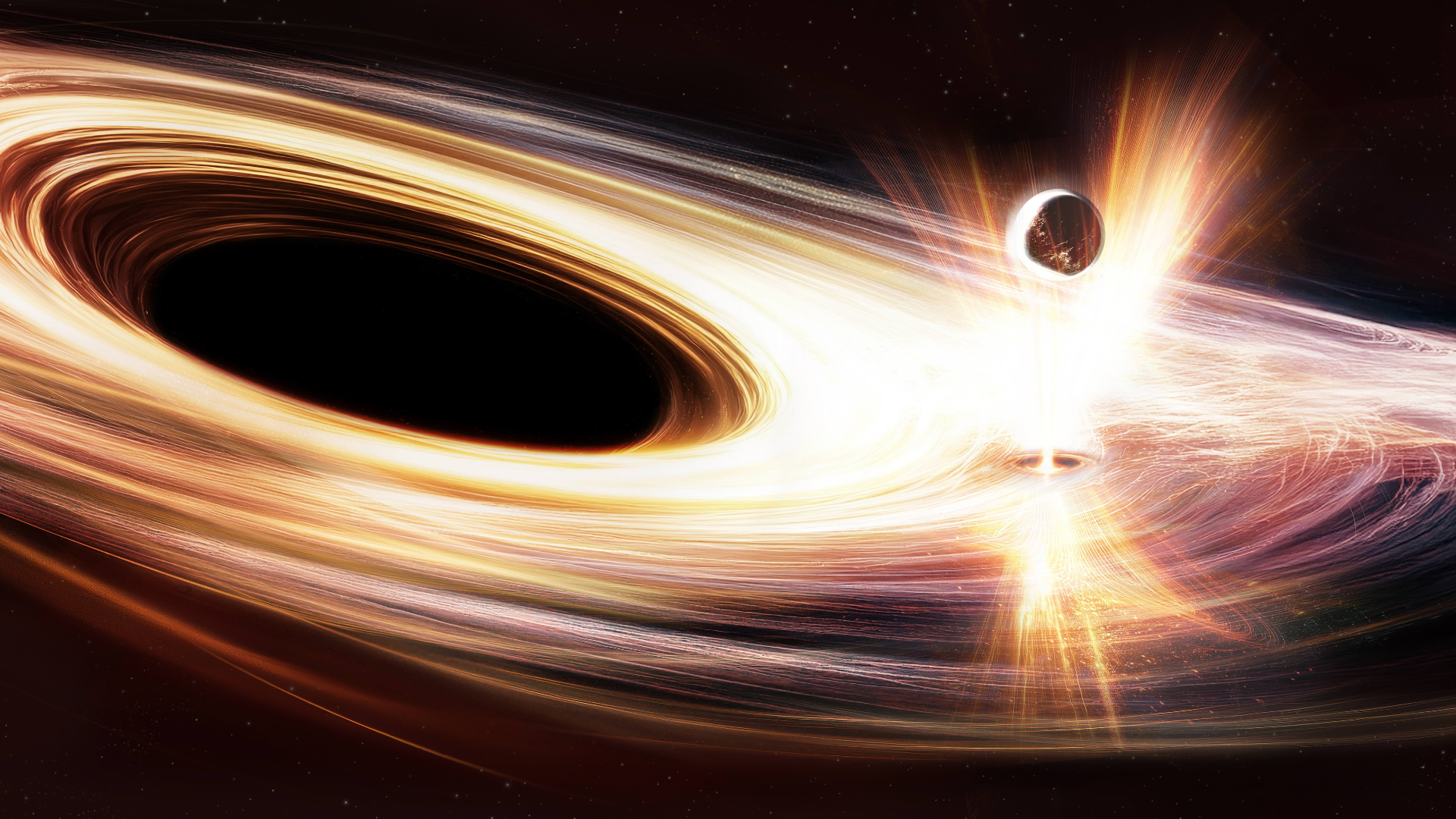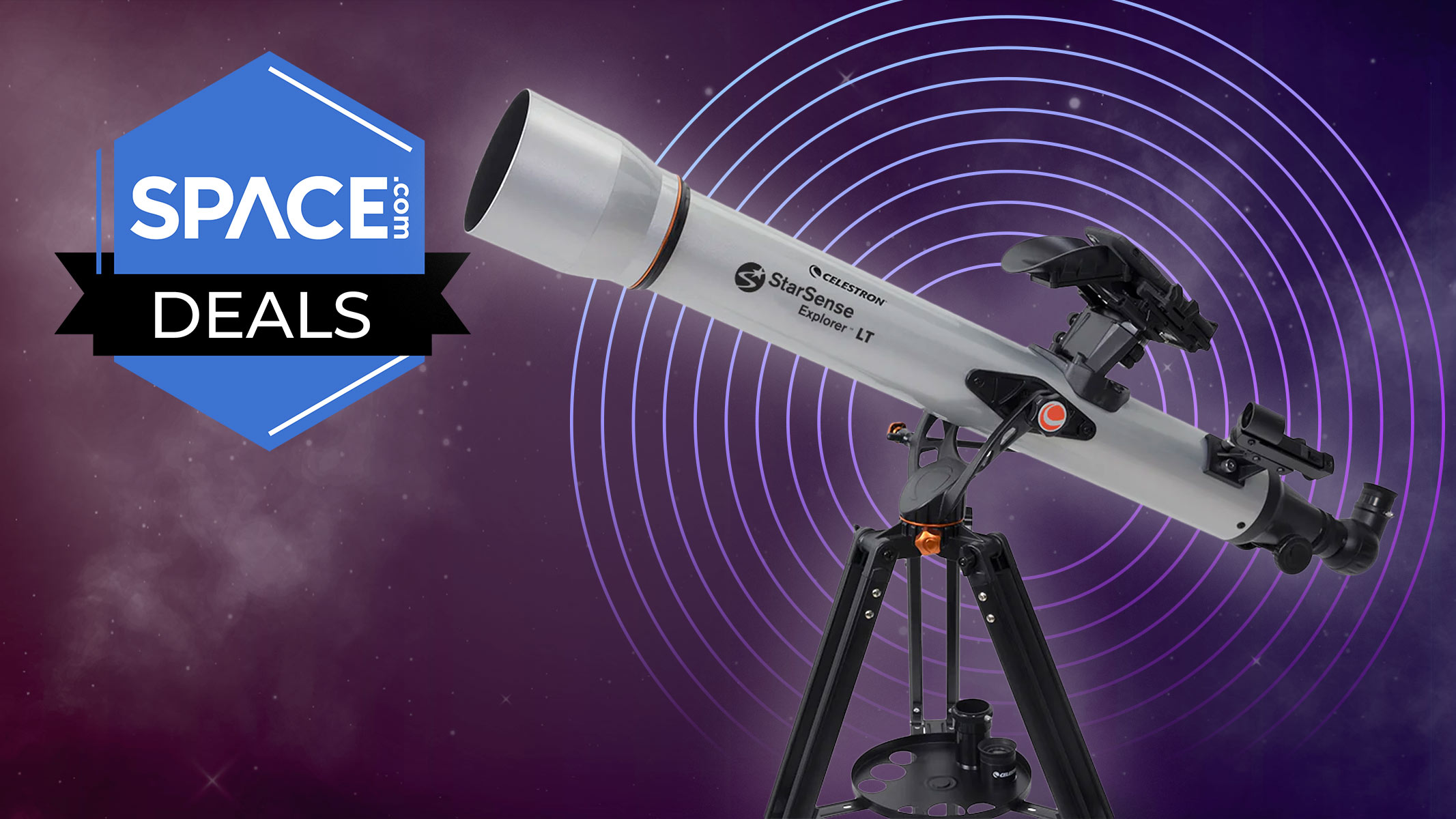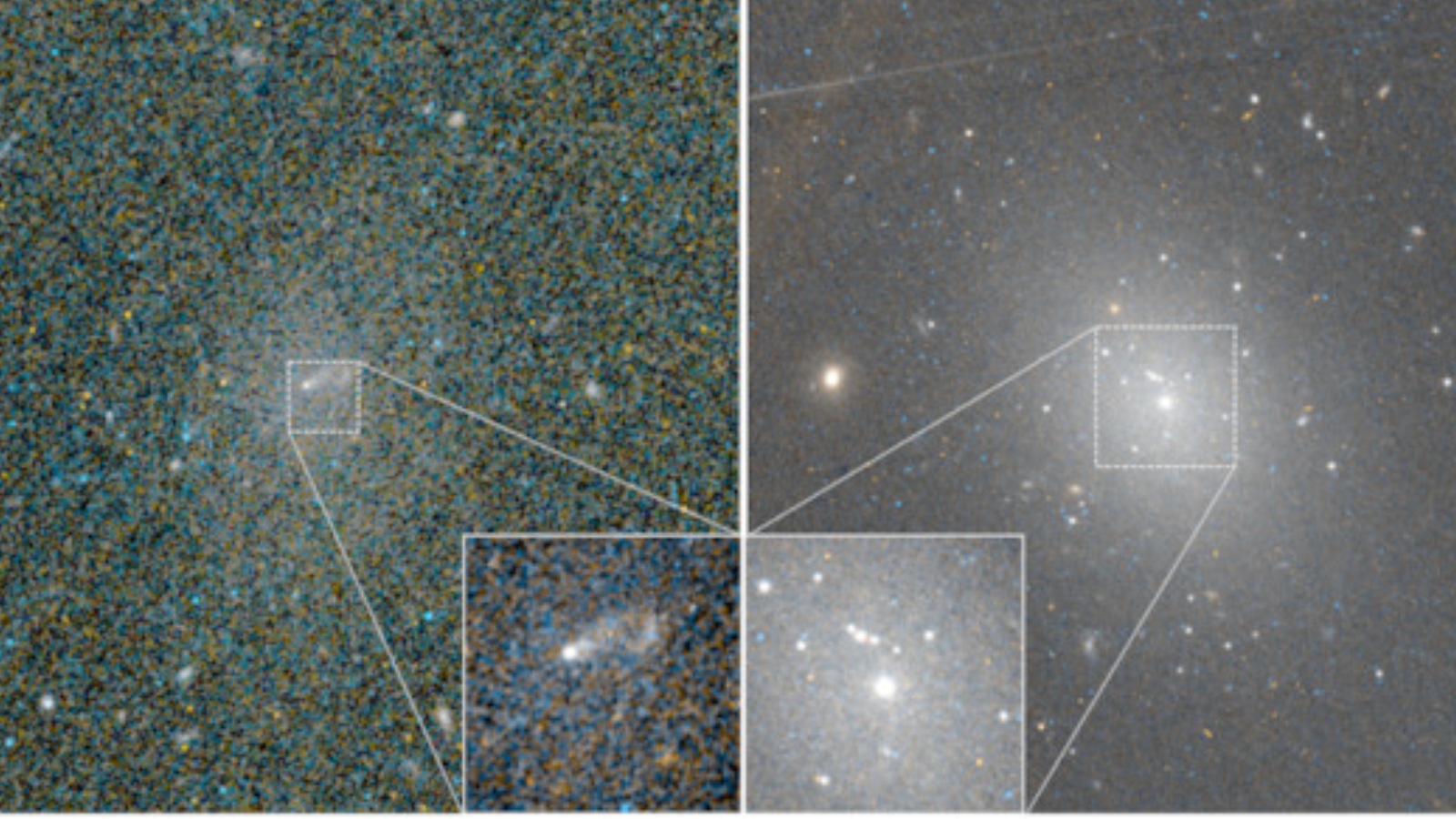Can we reflect sunlight to fight climate change? Scientists eye aerosol shield for Earth.

Could we slow down global warming by creating an aerosol reflector to deflect the sun's rays away from Earth?
This strategy — which is at an early phase of research — is being investigated by the Climate Intervention Biology Working Group. It is co-led by Michigan State University and Stony Brook University in New York, supported by the National Science Foundation, and describes itself as "a team of internationally recognized experts" who study ecology and climate science.
The group has been meeting remotely every month since September 2019 to discuss the aerosol idea, called "solar radiation modification." While there are a few ways to reflect the sun's rays back into space, the group suggests focusing on a method that would involve creating an artificial cloud of aerosols in the stratosphere. In theory, engineers could replenish the cloud and change its location to hit a temperature target, although how this would happen is still being figured out.
Related: Earth is hotter than ever — so what happens next?
The aerosol intervention idea has been discussed several times recently; for example, a 2018 paper in Environmental Research Letters examined how best to spray chemicals into the atmosphere to induce cooling. In the natural world, volcanic eruptions also inject aerosols into the atmosphere that reflect solar heat back into space, cooling the planet. Other studies however, have pointed to the possible limitations and dangers of putting artificial aerosols in the atmosphere, such as accidentally inducing droughts in Africa.
Despite the early stage of the research, the working group maintains that aerosol intervention appears to be a relatively attainable method of cooling Earth. "The costs and technology needed to reflect the sun's heat back into space are currently more attainable than other climate intervention ideas like absorbing carbon dioxide from the air," the working group said in a statement.
The group, however, also noted the possible limitations of injecting aerosols, such as uneven distribution of the aerosols (which would likely affect local ecosystems), changes to rainfall patterns, along with possible increases of acid rain and alterations in ultraviolet radiation on Earth’s surface.
Get the Space.com Newsletter
Breaking space news, the latest updates on rocket launches, skywatching events and more!
A key concern is how aerosol intervention would affect the ecology of Earth, the working group added. Global warming is already a problem as it pushes plants, animals, insects and other living organisms into new territories or induces extinctions, causing a crisis for humans, who depend on these delicate ecosystems.
"There is a dearth of knowledge about the effects of climate intervention on ecology," group co-leader Phoebe Zarnetske, a community ecologist at Michigan State University, said in the same statement.
Zarnetske runs the university's Spatial and Community Ecology Lab (SpaCE Lab). The lab aims to predict how various ecological communities change in response to global warming — whether those communities are hyperlocal or stretch across the globe.
"As scientists, we need to understand and predict the positive and negative effects it [climate intervention] could have on the natural world, identify key knowledge gaps, and begin to predict what impacts it may have on terrestrial, marine, and freshwater species and ecosystems if it were adopted in the future," Zarnetske said.
The current focus of the working group's study is figuring out how to expand the Rutgers University-led Geoengineering Model Intercomparison Project (GeoMIP) — which has been looking at climatic aerosols in the past — to model the subsequent effect on Earth's ecosystems. (GeoMIP, however, does include other forms of "radiation management," such as artificially thinning cirrus clouds high in the atmosphere.)
"While climate models have become quite advanced in predicting climate outcomes of various geoengineering scenarios, we have very little understanding of what the possible risks of these scenarios might be for species and natural systems," study co-leader Jessica Gurevitch, an ecologist at Stony Brook University, said in the working group statement.
It is still unclear if solar radiation management would increase or reduce the risk of extinction, along with changes in species communities or migrations, she added. But the working group maintains that whether or not aerosol intervention is adopted, some form of climate change mitigation is needed to slow global warming effects worldwide.
A paper based on the research was published online in the peer-reviewed journal Proceedings of the National Academy of Sciences (PNAS) on April 13. The working group also plans to host sessions at the American Association for the Advancement of Science (AAAS) annual meeting later in April, and at the Ecological Society of America in August.
Follow Elizabeth Howell on Twitter @howellspace. Follow us on Twitter @Spacedotcom and on Facebook.
Join our Space Forums to keep talking space on the latest missions, night sky and more! And if you have a news tip, correction or comment, let us know at: community@space.com.

Elizabeth Howell (she/her), Ph.D., was a staff writer in the spaceflight channel between 2022 and 2024 specializing in Canadian space news. She was contributing writer for Space.com for 10 years from 2012 to 2024. Elizabeth's reporting includes multiple exclusives with the White House, leading world coverage about a lost-and-found space tomato on the International Space Station, witnessing five human spaceflight launches on two continents, flying parabolic, working inside a spacesuit, and participating in a simulated Mars mission. Her latest book, "Why Am I Taller?" (ECW Press, 2022) is co-written with astronaut Dave Williams.









